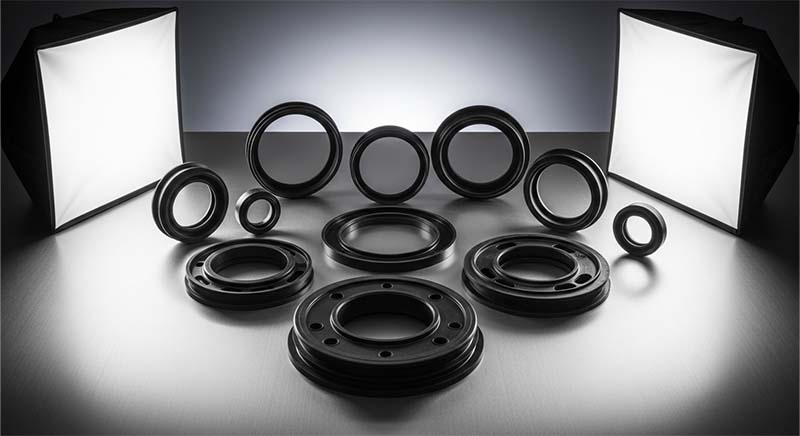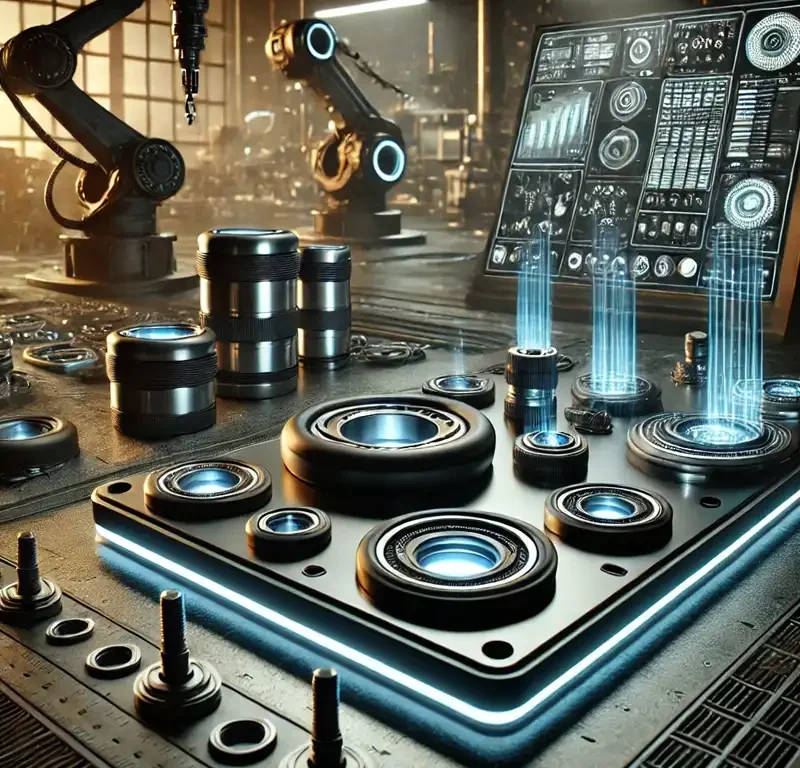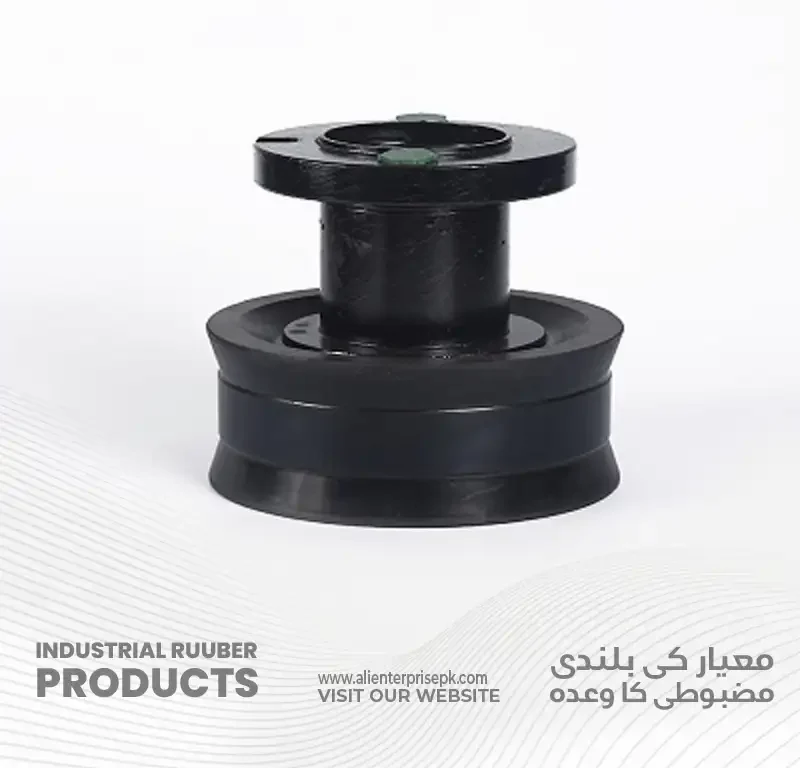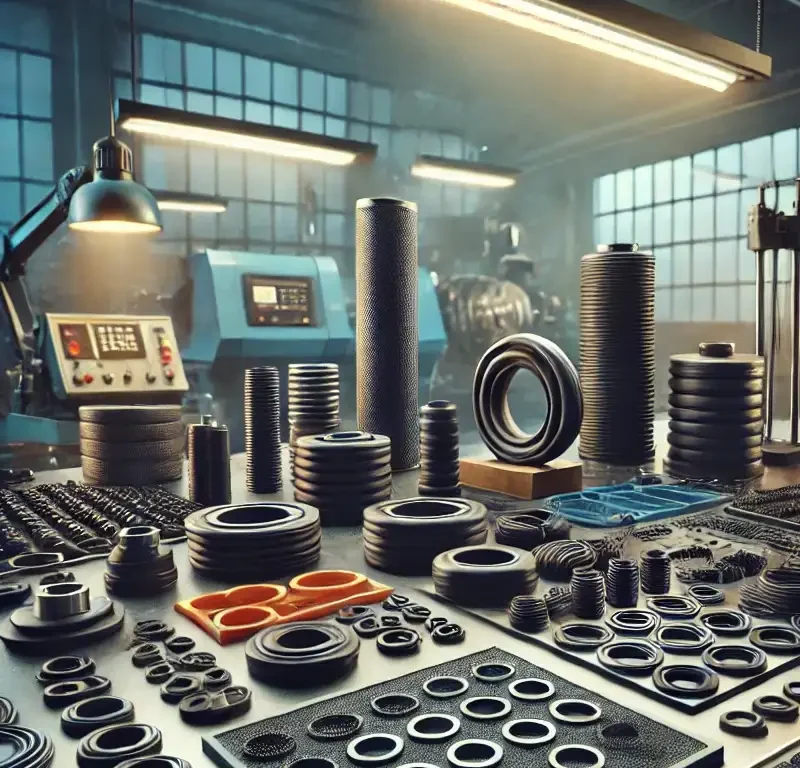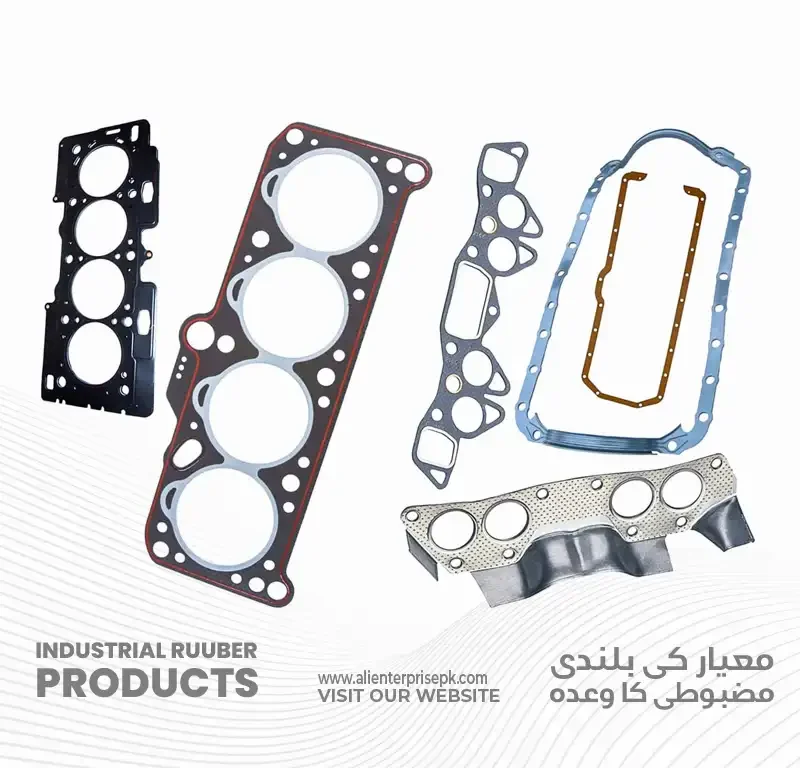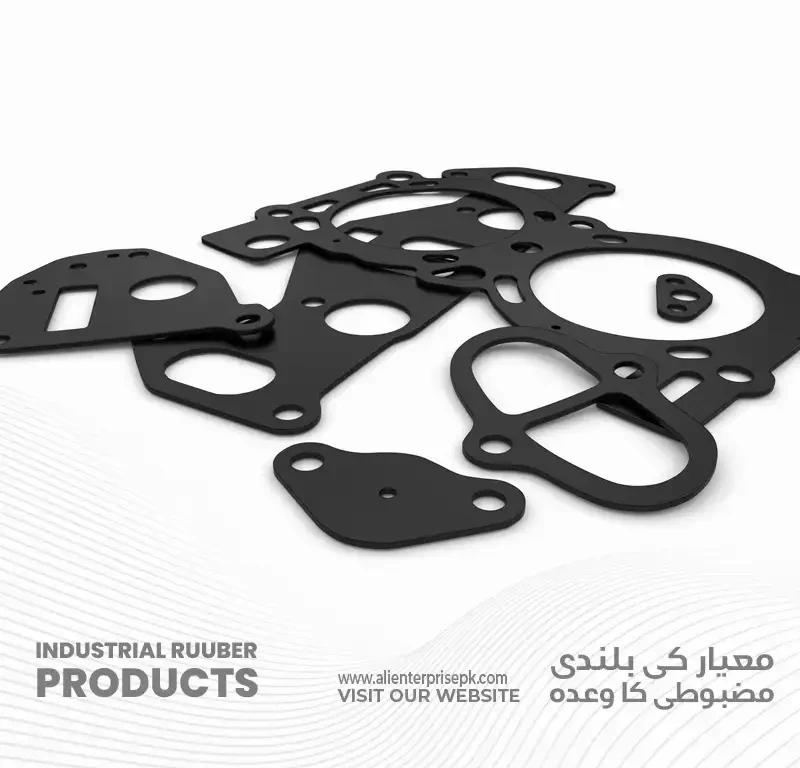
Types of Rubber Jogging Tracks
June 21, 2024
Top Rubber Product Manufacturer in Pakistan | Quality & Innovation
August 13, 2024Rubber flooring has become an increasingly popular choice for both residential and commercial spaces. Its durability, versatility, and eco-friendly properties make it an excellent option for various applications. In this guide, we will explore the many benefits of rubber flooring and why it might be the perfect solution for your flooring needs.
What is Rubber Flooring?
Rubber flooring is made from natural or synthetic rubber and comes in a variety of forms, including tiles, rolls, and mats. It is known for its resilience and ability to withstand heavy foot traffic, making it a preferred choice for gyms, playgrounds, and other high-traffic areas.
Benefits of Rubber Flooring
- Durability: Rubber flooring is incredibly durable and can last for many years with minimal maintenance. It is resistant to wear and tear, making it ideal for areas with high foot traffic.
- Comfort: The natural elasticity of rubber provides a comfortable and cushioned surface, reducing fatigue and the risk of injury. This makes it a great option for gyms and play areas.
- Safety: Rubber flooring offers excellent slip resistance, even when wet, making it a safe choice for kitchens, bathrooms, and other areas prone to spills.
- Noise Reduction: Rubber’s inherent sound-absorbing properties help reduce noise, making it a suitable option for multi-story buildings and busy environments.
- Eco-Friendliness: Many rubber flooring products are made from recycled materials, contributing to environmental sustainability. Additionally, rubber flooring is often recyclable at the end of its life cycle.
- Easy Maintenance: Rubber flooring is easy to clean and maintain. Regular sweeping and occasional mopping are usually sufficient to keep it looking its best.

Applications of Rubber Flooring
- Gyms and Fitness Centers: Rubber flooring is a staple in gyms due to its durability, cushioning, and slip resistance. It can withstand the impact of heavy weights and constant foot traffic.
- Playgrounds: The shock-absorbing properties of rubber make it ideal for playgrounds, where it helps protect children from injuries caused by falls.
- Commercial Spaces: Many businesses use rubber flooring in areas such as retail stores, restaurants, and offices due to its durability and ease of maintenance.
- Residential Spaces: Rubber flooring is also gaining popularity in homes, especially in kitchens, bathrooms, basements, and home gyms. Its water resistance and comfort make it a practical and stylish choice.
Types of Rubber Flooring
- Rubber Tiles: Available in various sizes, colors, and textures, rubber tiles are easy to install and replace. They are ideal for creating custom designs and patterns.
- Rubber Rolls: Perfect for covering large areas, rubber rolls offer a seamless appearance and are commonly used in gyms and commercial spaces.
- Rubber Mats: Often used in specific areas that require extra cushioning, such as exercise areas or entryways, rubber mats are portable and easy to clean.
Installation and Maintenance Tips
- Installation: Ensure the subfloor is clean, dry, and level before installation. Depending on the type of rubber flooring, you may need adhesive, or the flooring may simply interlock or lay flat.
- Maintenance: Regularly sweep or vacuum to remove dirt and debris. For deeper cleaning, use a damp mop with a mild detergent. Avoid harsh chemicals that can damage the rubber.
Frequently Asked Questions (FAQs)
- Is rubber flooring expensive? Rubber flooring can vary in price, but it is generally considered cost-effective due to its durability and long lifespan.
- Can rubber flooring be used outdoors? Yes, certain types of rubber flooring are designed for outdoor use and can withstand various weather conditions.
- Is rubber flooring safe for children? Absolutely, rubber flooring is slip-resistant and provides a cushioned surface, making it safe for children’s play areas.
- How do I clean rubber flooring? Regular sweeping and occasional mopping with a mild detergent are usually sufficient. Avoid using harsh chemicals.
- Can rubber flooring be installed over existing floors? Yes, rubber flooring can often be installed over existing floors if the surface is clean, dry, and level.
- Is rubber flooring eco-friendly? Many rubber flooring products are made from recycled materials and are recyclable, making them an eco-friendly choice.
- Does rubber flooring have a smell? New rubber flooring may have a slight odor initially, but it usually dissipates after a few days with proper ventilation.
- Can rubber flooring be used in kitchens? Yes, rubber flooring is water-resistant and slip-resistant, making it a good choice for kitchens.
- How thick should rubber flooring be for a home gym? For home gyms, a thickness of at least 8mm is recommended to provide adequate cushioning and protection.
- Can I install rubber flooring myself? Yes, rubber flooring is often designed for easy DIY installation, especially in the case of interlocking tiles or mats.



